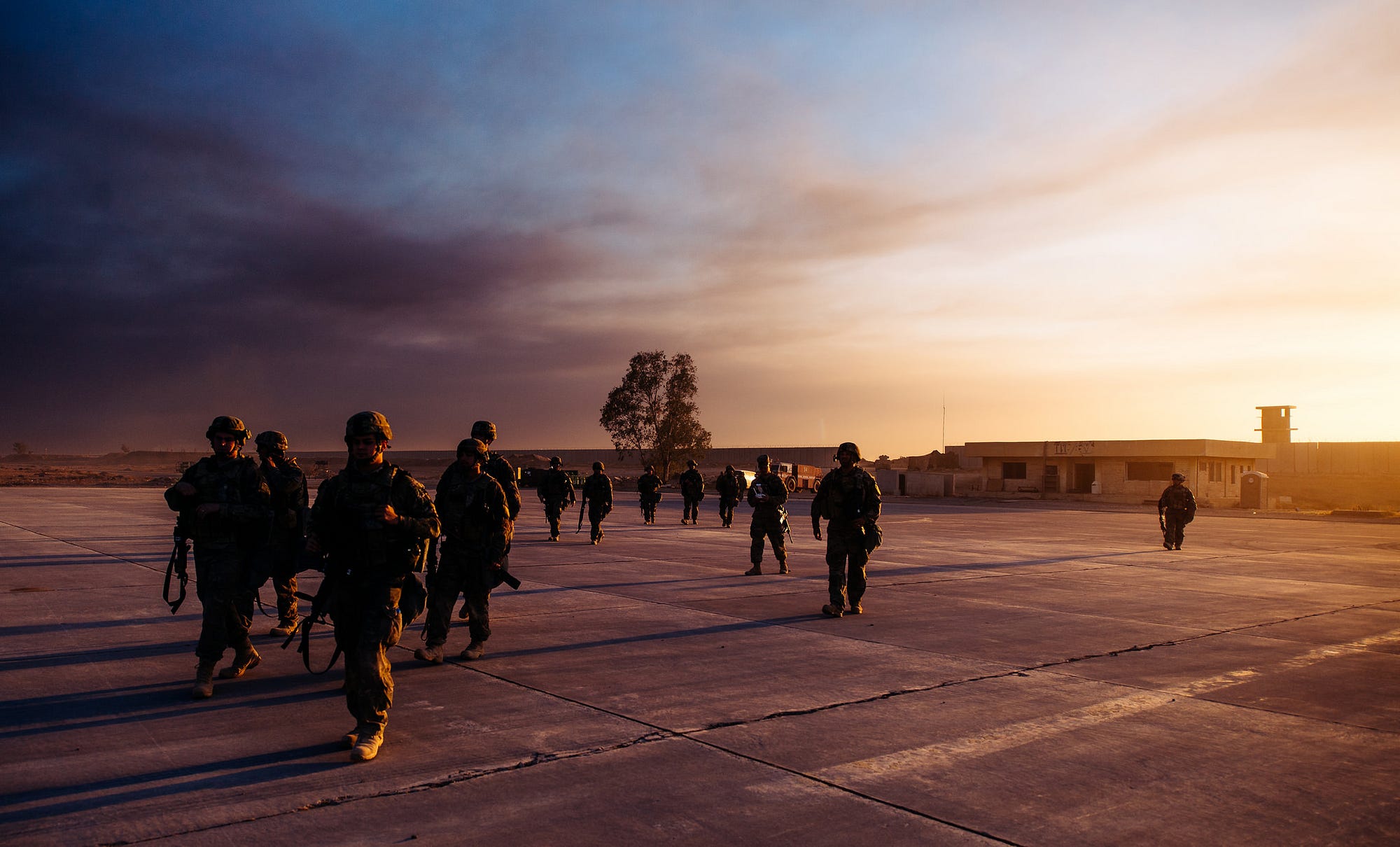By Lt Gen H S Panag
Jagtar Singh is a soldier whom few remember, but for those who were in his Company, he remains an ideal of loyalty.
In 1969, a fresh lot of soldiers after doing their basic training joined the unit. As per tradition all were interviewed and assessed for their potential in specialised tasks and sports. Pampered army sportsmen may not be the best trained in fighting skills, but were never found wanting in spirit and courage. During the interview, one of the relatively weaker new soldiers – Sepoy Jagtar Singh – volunteered to take up wrestling. Seeing his physique, I suggested that he take up some other game. Jagtar insisted and explained that his grandfather was a renowned wrestler who laments the fact that his son (Jagtar's father) did not pursue wrestling and became a clerk. Not wanting to dampen his enthusiasm, I called Balkar Singh of Bravo Company, 4 Sikh, and told him to take Jagtar under his wing for training.
Balkar was a renowned wrestler. He had a number of podium finishes in the inter-services wrestling championship. Over the years, he had become an arrogant bully – traits which militate against the esprit de corps of Indian Army units. But he was tolerated much to the chagrin of other soldiers as he had won laurels for the unit. Good performance in wrestling meant accelerated promotions and within 12 years of service, he had become a Naik.
















